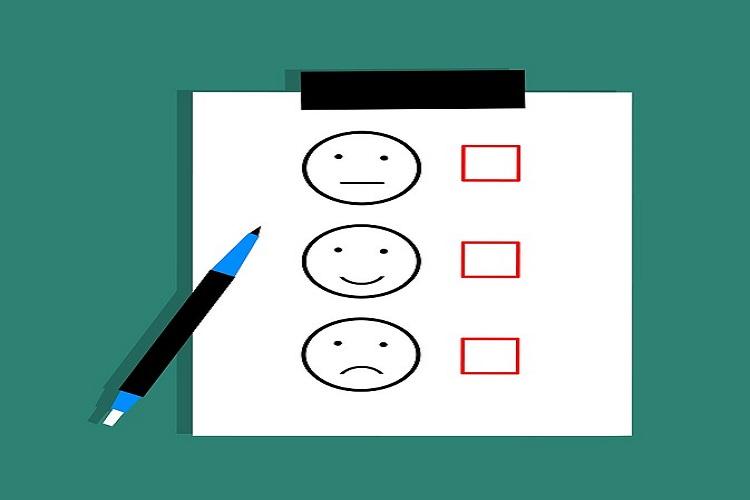
Over one-third of consumers were not impressed with their customer journey citing an average or poor experience, with 83% of consumers citing that they had at least one issue while interacting with a brand, according to LogMeIn AI Customer Experience Study. Businesses, on the other hand, are reporting far different numbers. 80% of businesses believe their customers would give them a favorable review, despite also reporting that less than half of customer queries are resolved during the first interaction. This disconnect shows that companies are setting the bar for “good” service too low which could have significant business impact as customer experience becomes even more vital in the buying decision of consumers.
Consumers Rely on Classic Channels despite Providing Slower Resolution
Both business and consumer respondents agree that telephone and email are among the most common channels used to conduct business, however, they also tend to produce the slowest time to resolution. Consumers across the region reported that the average time to resolution was 11 hours – which is nearly 3 times higher than the wait time they cited as being acceptable. For those using email interactions the average time globally to respond was reported at 39 minutes while email was reported at 2 hours 17 minutes in India. In addition, global data shows only 49% of problems are solved on the first interaction. These wait times and issues with first contact resolution are likely due to the fact that 46% of businesses believe their agents struggle with the volume of customer requests.
Businesses Are Investing in Customer Experience
Feeling that traditional customer engagement solutions aren’t meeting expectations, 82% of business respondents in India said they will allocate more budget to new solutions specifically designed for customer engagement over the next 12 months. In addition, 40% of businesses reported that they are already investing in emerging technologies like AI, while another 40%, are planning to invest in the same over the next six months. Companies anticipate these investments will increase customer satisfaction, resolve customer inquiries more quickly, be able to provide a more personalized experience, and increase agent satisfaction levels. Over 70% of consumers globally want brands to leverage technology to reduce time to resolution.
Chatbots: A Realistic View
Today, only 24% of Indian consumers believe they get the best results when interacting with a brand when an AI-powered chatbot is involved in some capacity – either as a self-service tool or to assist a human agent. And while there is a portion of Indian consumers who are skeptical about chatbots, a majority (61%) see the benefits for customer service.
Businesses agree that chatbots can help deliver the faster resolutions for customers while also helping agents be more productive and effective. To date, customer service agents use an average of 3 different systems to service a customer, and spend over half their time understanding basic facts like customer profile information and the nature of the inquiry. Operating behind the scenes, chatbots can gather this information in real-time – informing the agent of who they are talking to, their history with the brand, the potential problem the customer is having, and how to solve it. Having this information at the outset leaves agents with more time to spend on resolving the issue. And answering the hot button question of whether chatbots will replace human jobs, the answer was no. In fact, 80% of Indian organizations reported that if chatbots could reduce inquiries into call centers, they would train agents to handle different or additional tasks.
“What we learned from doing this study is that despite hesitations around using AI, both consumers and businesses do think it’s changing customer service for the better,” said Ryan Lester, Director of Customer Engagement Technologies at LogMeIn. “While customers, for the most part, have come to accept that their interactions with brands will be involved and time consuming, their expectations are increasing as new technologies become more commonplace. Companies have a unique opportunity to leverage these new advancements -- like chatbots -- to provide a leg-up on the competition and set the bar for all others in their industry and beyond.”

 In
In
Add new comment